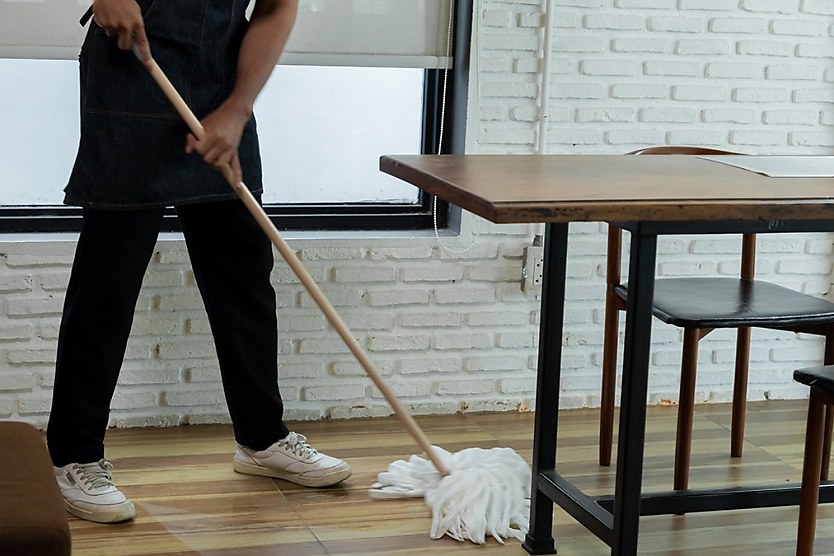Half of Aussie workers living pay cheque to pay cheque
SHARE THIS ARTICLE

According to a recent report, a lot of Australian workers are struggling with cost-of-living troubles, living pay cheque to pay cheque.
Aussie workers are still struggling to make ends meet despite employment reaching a record high back in 2024. According to a recent ADP report, which surveyed nearly 38,000 workers across 34 markets, half of Australian workers (50 per cent) are living pay cheque to pay cheque.
Although employment growth has been sustained, previous reporting on HR Leader pinpointed poly-employment as a key driver behind this increase.
Previously speaking on the current employment landscape, Ben Thompson, chief executive of Employment Hero, said: “Latest [Employment Hero] data shows employment growth at 6.8 per cent YOY, but a deeper look reveals this spike was driven by casual hires, while full-time growth slowed.”
“Average hours worked dropped 6.1 per cent YOY, with casual roles hit hardest (-27.2 per cent), suggesting a trend of poly-employment, where Australians are juggling multiple jobs to stay afloat.”
The ADP report somewhat coincides with Thompson’s claim, revealing that although Aussie workers are taking on extra work, it is not necessarily closing the pay gap, as nearly six in 10 (57 per cent) respondents globally are still struggling to make ends meet, even working multiple jobs.
In Australia, especially, those with two jobs (52 per cent) and those with three or more jobs (58 per cent) are only engaging in multiple roles to make ends meet.
“Pay is the foundation of financial wellbeing for most workers, yet our data shows that even record employment isn’t translating into financial security,” said ADP chief economist Nela Richardson.
“Nearly two-thirds of people who hold three jobs still struggle to make ends meet. This presents an opportunity for employers to take a more holistic approach to compensation to help workers navigate the higher living costs of today’s global economy.”
According to Judy Barnett, operations director at ADP Australia, Aussie workers are struggling to stretch their pay cheques to cover rising costs.
“With the rising cost of living putting pressure on Australian households, many workers are finding it increasingly difficult to stretch their pay cheques, even when holding down multiple jobs,” said Barnett.
“For small and medium-sized businesses, offering across-the-board pay rises may not be realistic – but there are other meaningful ways to support employees.
“Flexible work arrangements, subsidised transport, wellness programs, or financial planning support can go a long way in easing day-to-day pressures. These practical benefits help build trust, reduce turnover, and create more resilient workplaces at a time when employee wellbeing has never been more critical.”
Kace O'Neill
Kace O'Neill is a Graduate Journalist for HR Leader. Kace studied Media Communications and Maori studies at the University of Otago, he has a passion for sports and storytelling.

